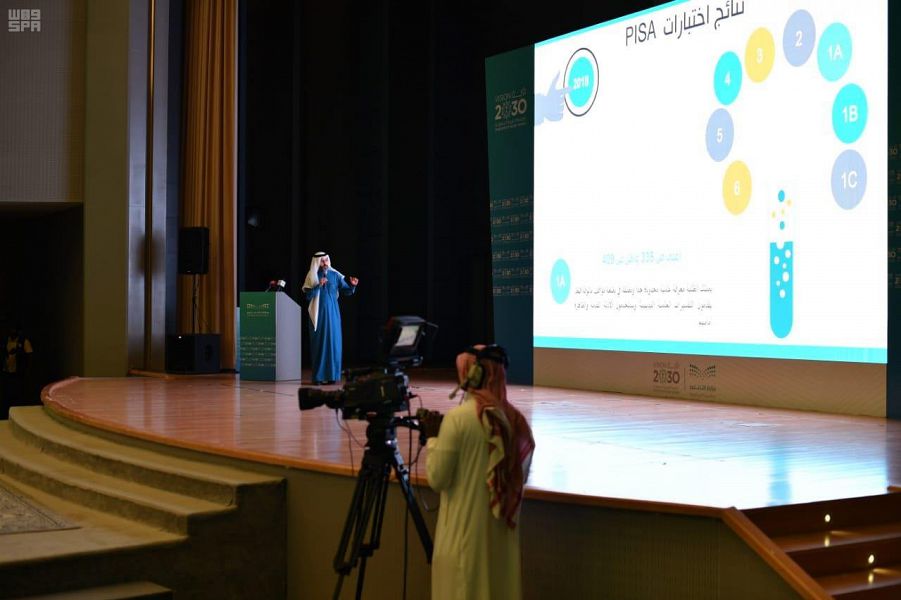
Ministers are to unveil measures to raise educational standards in 55 English target areaswith persistently poor outcomes, including the promise of elite sixth-form colleges for talented children from disadvantaged backgrounds.
The new “education investment areas” will form part of the government’s levelling-up white paper and will see resources focused on schools in the north, the Midlands, the east of England and the south-west for the next decade.
Ninety-five per cent of the areas that have been identified for “intensive support” are outside London and the south-east, and will include Rochdale, the Isle of Wight, Hartlepool, Walsall, Knowsley, Bury, Leeds, Luton, Norfolk and Sunderland.
Labour’s education secretary, Bridget Phillipson, accused the government of recycling its 2017 opportunity areas policy. “The government is desperately trying to distract from the utter chaos at the heart of Downing Street by recycling old announcements, which shows the limits of the Conservatives’ ambition for Britain.”
According to the plans, published on Tuesday, the government will also set a new goal of ensuring that 90% of children leaving primary school reach expected standards in reading, writing and maths by 2030 – in 2019 the figure was just 65%. Funding for the government’s plans is expected to come from the existing spending review settlement.
Other measures will include retention payments to help schools keep high-quality teachers in priority subjects. Education investment areas will also be prioritised for new specialist sixth-form free schools “to ensure talented children from disadvantaged backgrounds have access to the highest standard of education this country offers”.
In addition, schools in these areas that have been judged less than good in successive Ofsted inspections could be moved into multi-academy trusts, subject to a consultation later in the spring.
The education secretary, Nadhim Zahawi, said: “This white paper sets out our blueprint for putting skills, schools and families at the heart of levelling up.
“It focuses on putting great schools in every part of the country, training that sets you up for success in a high-skilled, well-paid career, and ensuring no one misses out on opportunities simply because of where they live or their family background.”
The package will also include a £560m “national youth guarantee” to provide young people with access to clubs, activities, adventures away from home and volunteering opportunities, an extra £200m for supporting vulnerable families, already outlined in the spending review, and skills training for an additional 200,000 people
Geoff Barton, general secretary of the Association of School and College Leaders, said: “Identifying 55 communities for intensive additional support sounds promising and we look forward to seeing exactly how this will work. We are not so sure about the idea of setting up ‘new elite sixth forms’.
“This sounds like they will serve children who already do very well and could put pressure on existing provision when the simplest solution would surely be to improve the lamentable state of post-16 funding.”
Kevin Courtney, joint general secretary of the National Education Union, said: “Many of the areas now targeted for support have been among the hardest hit by education cuts over the last decade – on the government’s own watch, and entirely of its own making.
“If the government was serious about levelling up education, then it would restore all the money it has cut from these schools.”
Natalie Perera, chief executive of the Education Policy Institute (EPI) thinktank, said: “It will be important to closely scrutinise the criteria used by the government for selecting its education investment areas, and how it intends to deliver ‘intensive’ support over so many areas.”












